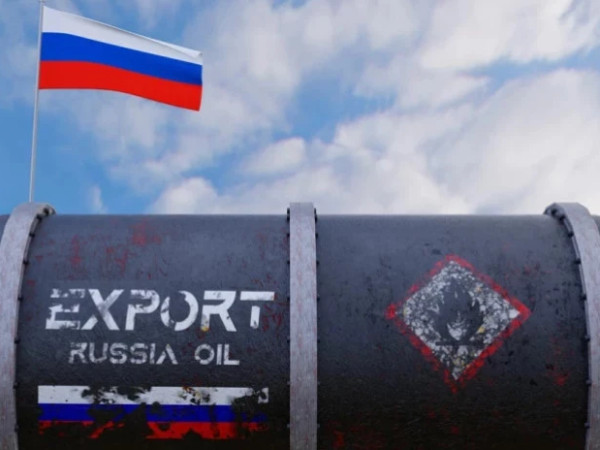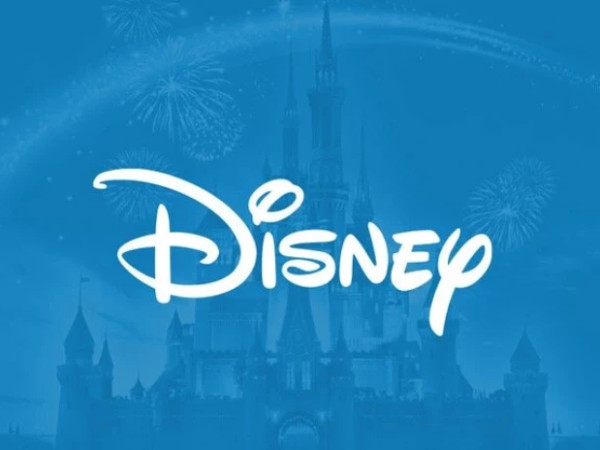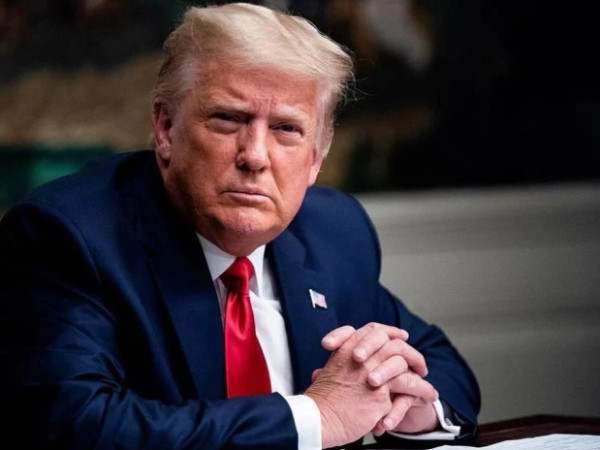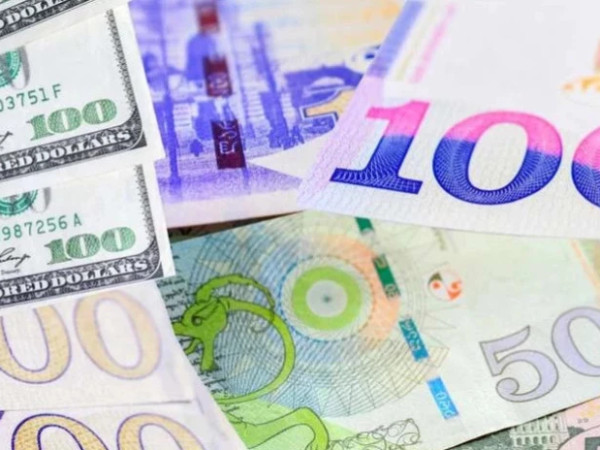Russian Foreign Minister emphasizes need for binding treaties to resolve the conflict and criticizes Western military aid plans.
On December 26, 2023, Sergey Lavrov, the Minister of Foreign Affairs of Russia, made headlines by categorically rejecting talks about a ceasefire in the Ukraine conflict, indicating it would lead to nowhere. Speaking to both domestic and international journalists, Lavrov emphasized the Russian stance against what he termed "empty conversations" about peace, asserting the necessity for definitive legal agreements instead.
During his briefing, Lavrov explained, "Ceasefire is the road to nowhere. We need definitive legal agreements..." This sentiment encapsulates Russia's broader strategy, which views any temporary ceasefire as merely providing time for increased military assistance to Ukraine from Western nations.
"What we hear is the need to come up with some cease-fire, and it is no secret this cease-fire is meant to buy time," Lavrov added, pointing to the potential dangers of such tactics. He insisted on the importance of legally binding agreements to guarantee the security interests of Russia and its neighbors—conditions he believes are non-negotiable.
Key to Lavrov's argument are his claims about foundational issues sparking the Ukrainian crisis—principally, the non-expansion promises surrounding NATO and what he described as the repressive policies against Russian-speaking populations within Ukraine. Lavrov stated, "The key underlying causes of the Ukrainian crisis need to be addressed..." indicating the need for negotiations to include these complex historical grievances.
Lavrov's comments were not merely directed at Ukraine, but also took aim at the West, criticizing Western powers for what he sees as their failure to adhere to negotiated principles and obligations. His comments reflect growing tensions as diplomats grapple with persistent instability and violence.
Adding to the complexity of the situation, Lavrov noted France's attempts to facilitate dialogue concerning the Ukrainian conflict without the direct involvement of Kyiv. He relayed details of these back-channel communications: "France has made offers to facilitate dialogue on the Ukrainian issue without Ukraine's participation…" This approach, he argues, contravenes the long-held principle of ‘no discussion of Ukraine without Ukraine,’ leading to skepticism over France's intentions.
"If Ukraine wants legitimate leadership, elections need to be held..." emphasized Lavrov, asserting the need for Ukrainian democratic processes to address legitimacy, reflecting long-standing Russian frustrations with the current government structure. His assertion points to Russia's claim of advocating for more inclusivity, even as it faces accusations of undermining Ukrainian sovereignty.
Overall, Lavrov's statements paint a picture of the entrenched positions held by Russia, framing the discussions around Ukraine as not simply about military conflict, but as fundamentally tied to issues of governance, historical grievances, and international treaties. His call for comprehensive agreements signals Russia's unwillingness to accept anything less than binding legal frameworks for negotiations, intending to secure its national interests unequivocally.
This latest commentary by Lavrov is part of Russia's broader diplomatic efforts as it maneuvers both on the battlefield and at the negotiation table, striving to reshape the narrative of the Ukraine conflict and its involvement therein. Despite multiple attempts at dialogue through various international channels, Russia’s insistence on preconditions for meaningful discussions suggests prolonged uncertainty and instability may persist.


















